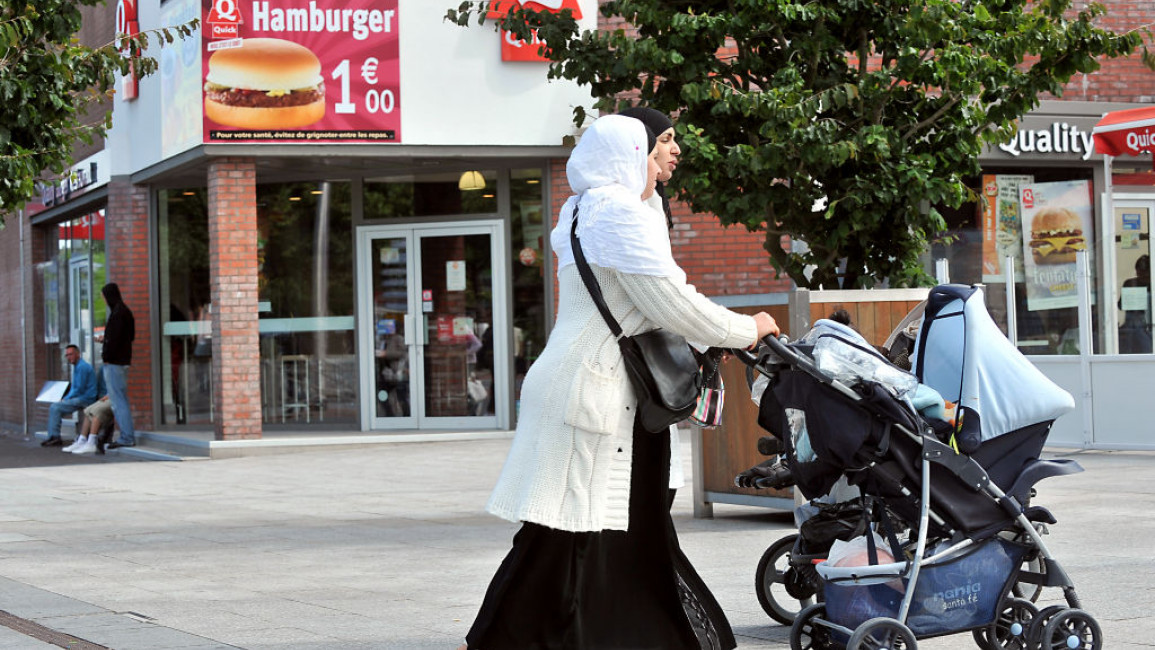French journalist gets police protection after controversial documentary on radical Islam
A French journalist and a lawyer have been placed under police protection after receiving death threats over a controversial documentary about radicalisation, Nicolas de Tavernost, the CEO of the TV channel that aired the documentary announced on Friday.
Ophélie Meunier, a 34-year old journalist, reportedly received the death threats after presenting a controversial episode of "Zone Interdite", an investigative show.
Amine Elbahi, 26, a Muslim lawyer from Roubaix who spoke on record in the documentary, was also reportedly threatened.
"The journalists and witnesses who testified in the documentary have been supported, their complaints have been filed," Gérald Darmanin, the French Minister of Interior, said on Monday.
"I have given important means to find those responsible for the death threats."
The report aired in France on January 23 and focused on the spread of 'radical Islam' in the French town of Roubaix, at the border with Belgium.
The documentary immediately sparked controversy in France. It featured scenes filmed in a gender-segregated restaurant and in a toy shop selling faceless dolls, which had their faces removed allegedly to comply with strict interpretations of Islam that forbid depicting facial features.
Within a few days, dozens of journalists and politicians expressed support for Meunier.
"The newsroom fully supports [Meunier and Elbahi] and stresses the importance of freedom of information," the M6 TV channel tweeted.
Suite à la diffusion de l'enquête sur l'islamisme radical, @ophmeunier, la réalisatrice, et un témoin roubaisien ont été placés sous protection policière après avoir été menacés. La rédaction leur apporte son soutien total et rappelle l'importance de la liberté d'informer. https://t.co/wsi8M8Hy55
— M6info (@m6info) January 31, 2022
"In France in 2022, freedom of expression for journalists keeps being threatened," Christophe Deloire, secretary general of the Paris-based Reporters Across Borders (RSF), told the French daily Le Figaro.
"Levels of violence and threats are increasing, fuelled by the rise of cyberbullying on social media."
While freedom of expression is considered a fundamental right in France, critics argue it has often been abused to discriminate against the country's ethnic and religious minorities.
Some French Muslims feel that their country, and President Emmanuel Macron’s government, unfairly stigmatise their religious practices.
Macron has defended France's strict brand of secularism and the re-publishing of cartoons of the Prophet Muhammad, sparking a backlash from Muslims around the world.
He has also been accused of persecuting Muslims in France, with authorities currently cracking down on Muslim NGOs under a new 'separatism' law that has been criticised as curtailing civil liberties.



